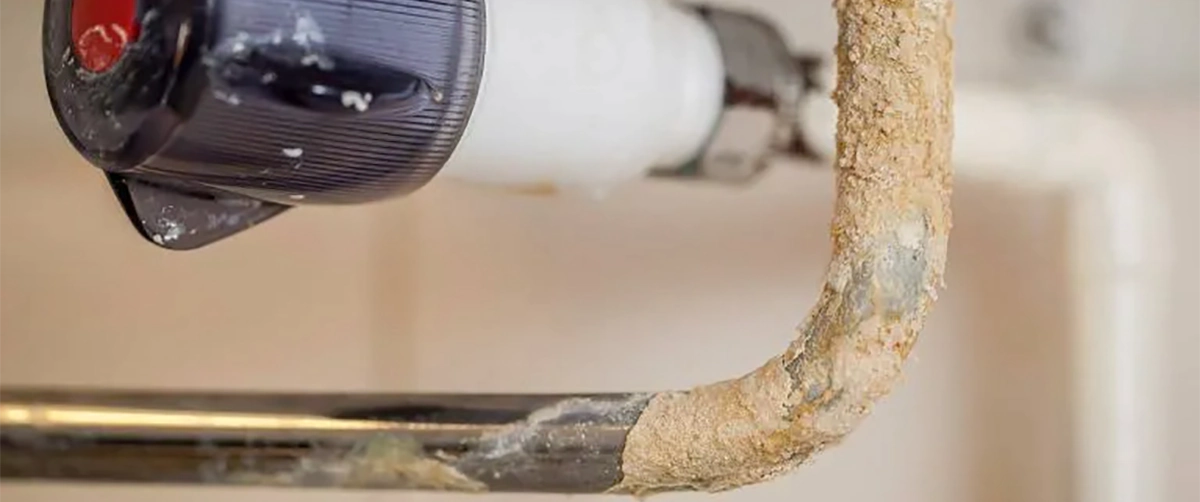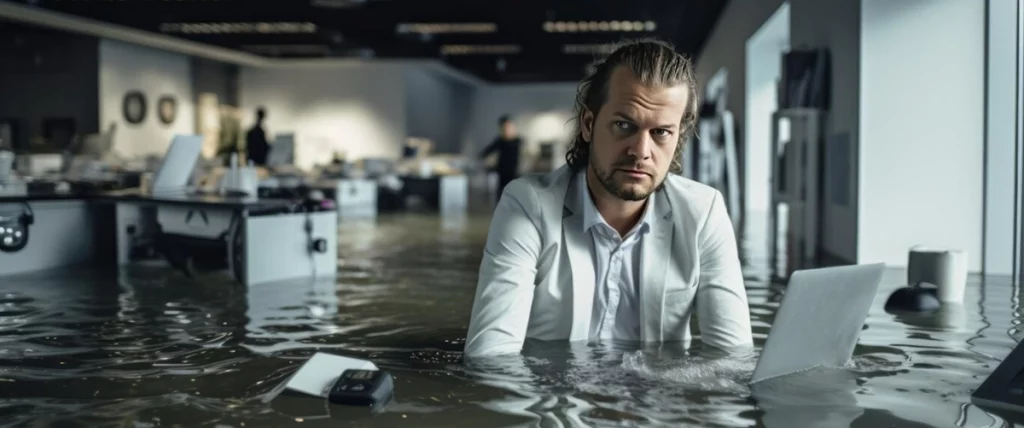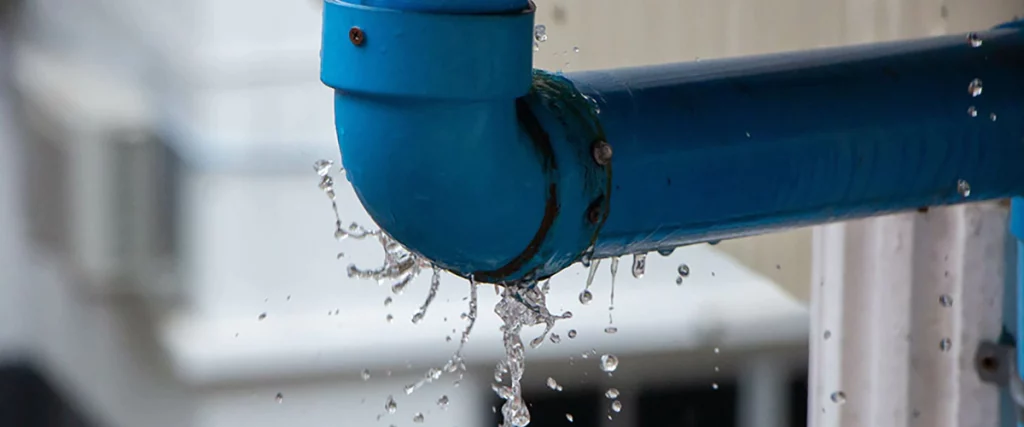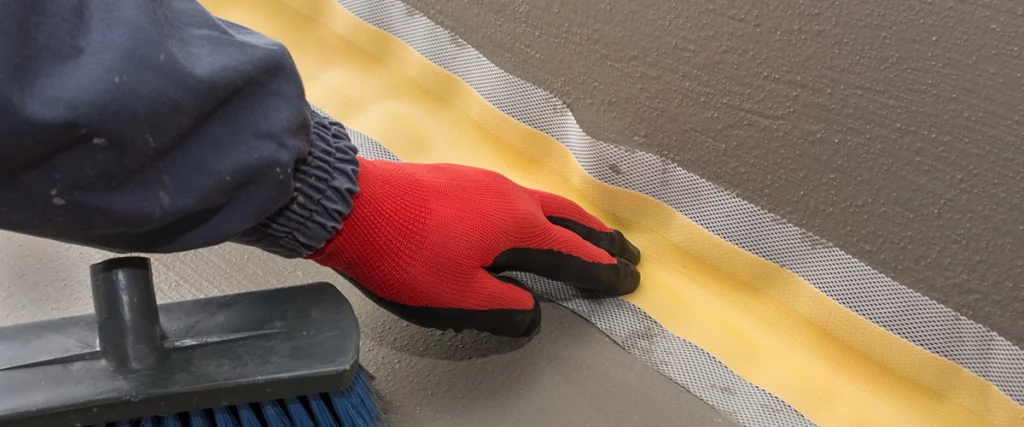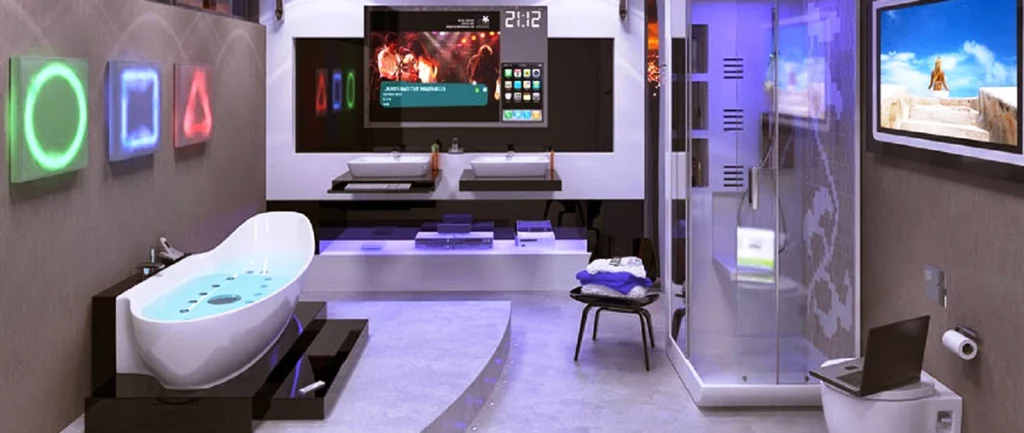Hard water is not just a term; it’s a challenge many households face, often unknowingly. It refers to water with high mineral content, mainly calcium and magnesium. This seemingly harmless issue can wreak havoc on your plumbing system, leading to various complications that could be both expensive and inconvenient.
Contents
Effects of Hard Water on Plumbing Systems
Hard water, rich in minerals like calcium and magnesium, might seem harmless at first glance, but its impact on your plumbing system can be substantial. Understanding these effects is crucial for homeowners seeking to protect their investment in a well-functioning home.
- Scale Buildup
One of the most common and noticeable effects of hard water on plumbing systems is the buildup of limescale. As hard water flows through pipes, it leaves behind deposits of minerals. Over time, these deposits accumulate and form a stubborn, chalky substance known as limescale. This buildup can constrict water flow, leading to reduced water pressure and efficiency in your plumbing.
- Preventing Scale Buildup
To mitigate scale buildup, homeowners often turn to water softeners. These devices work by removing or altering the minerals responsible for limescale formation, ensuring a smoother flow through pipes.
- Reduced Efficiency of Appliances
Hard water’s adverse effects extend beyond pipes. Appliances that rely on water, such as dishwashers and water heaters, can experience diminished efficiency due to mineral deposits. Heating elements in these appliances can become coated with limescale, requiring more energy to function and potentially leading to premature failure.
- Appliance Maintenance
Regular maintenance, including descaling appliances, is essential to counteract the impact of hard water. This can involve using descaling agents or vinegar to dissolve mineral deposits.
Identifying Hard Water
Identifying whether your home has hard water is a crucial first step in addressing potential plumbing issues. Hard water contains elevated levels of minerals, primarily calcium and magnesium, which can have several noticeable effects. Here are practical methods to help you determine if you’re dealing with hard water.

DIY Tests
One simple way to gauge water hardness is the soap and water test. Take a clear bottle with a lid and fill it one-third with water. Add a few drops of liquid soap and shake vigorously. If the water becomes cloudy and the soap doesn’t lather easily, it’s an indication of hard water. Soft water allows soap to lather more readily.
Hard water leaves behind mineral deposits, often visible as spots on glassware, shower doors, or faucets. If you frequently notice stubborn spots that are challenging to remove, your water may be hard.
Professional Water Analysis
While DIY tests offer initial insights, a professional water analysis provides a more accurate and comprehensive assessment of your water’s mineral content.
- Local Water Testing Services
Contact local water testing services or environmental agencies that offer water analysis. They can provide detailed reports on the levels of various minerals in your water.
- Water Softness Measurement
Water hardness is commonly measured in grains per gallon (gpg) or parts per million (ppm). A professional analysis will provide specific measurements, helping you understand the severity of your hard water situation.
Consequences of Ignoring Hard Water Issues
Ignoring hard water issues can lead to unforeseen consequences, including the need for costly repairs and a shortened lifespan for your appliances.
Costly Repairs
Scale buildup in pipes and appliances may lead to plumbing emergencies, necessitating expensive repairs that could have been avoided.
Shortened Appliance Lifespan
Appliances like water heaters and dishwashers working in hard water conditions are prone to a shorter lifespan due to increased wear and tear.
Water Softening Solutions
Now that you’ve identified the presence of hard water in your home, it’s time to explore effective solutions to counter its adverse effects on your plumbing system and appliances. Water softening is a proven method to tackle the challenges posed by hard water

- Water Softeners: How They Work
Water softeners use ion exchange to replace calcium and magnesium ions with sodium or potassium ions, preventing scale buildup.
- Types of Water Softeners
From salt-based to salt-free systems, various water softeners cater to different needs. Choosing the right one depends on your water hardness level and preferences.
- Installation Process
Professional installation ensures optimal performance. Understanding the installation process helps homeowners make informed decisions.
DIY Tips for Managing Hard Water
While professional water softening solutions are effective, there are also practical do-it-yourself (DIY) tips to help manage the impact of hard water in your home. These DIY methods can complement water softening systems and contribute to maintaining a healthy plumbing system. Let’s explore some simple yet effective tips for managing hard water.
- Vinegar Cleaning
Regularly cleaning faucets and appliances with vinegar can help dissolve mineral deposits and mitigate the effects of hard water.
- Using Citrus-Based Cleaners
Citrus-based cleaners are effective in breaking down limescale, providing a natural alternative for maintaining a clean plumbing system.
- Regular Appliance Maintenance
Implementing a routine maintenance schedule for appliances helps prevent excessive wear and tear caused by hard water.
Benefits of Addressing Hard Water Problems
Addressing hard water issues in your home goes beyond the prevention of visible stains and scale buildup. The positive impacts of managing hard water extend to various aspects of your daily life and the overall well-being of your plumbing system. Let’s explore the compelling benefits of taking proactive measures to tackle hard water problems.
- Improved Appliance Performance
Softened water improves appliance efficiency, reducing energy consumption and the need for repairs.
- Extended Plumbing System Lifespan
Addressing hard water issues can contribute to the longevity of your plumbing system, saving you money in the long run.
Community Initiatives and Regulations
As awareness of the impact of hard water on plumbing systems grows, communities are increasingly taking proactive measures to address water quality issues. From setting water quality standards to implementing local water treatment programs, these initiatives aim to ensure the well-being of residents and the sustainability of water resources. Let’s delve into the community-driven efforts and regulations in place to combat hard water problems.
- Water Quality Standards
Understanding local water quality standards helps homeowners advocate for cleaner water and promotes community awareness.
- Local Water Treatment Programs
Municipalities often have water treatment programs. Being aware of and participating in such initiatives contributes to community well-being.
Future Trends in Water Treatment
The landscape of water treatment is evolving, driven by technological advancements and a growing emphasis on sustainability. As we look ahead, several trends are shaping the future of water treatment, offering innovative solutions to combat hard water and other water quality challenges. Let’s explore the emerging trends that are likely to influence the way we approach water treatment in the coming years.
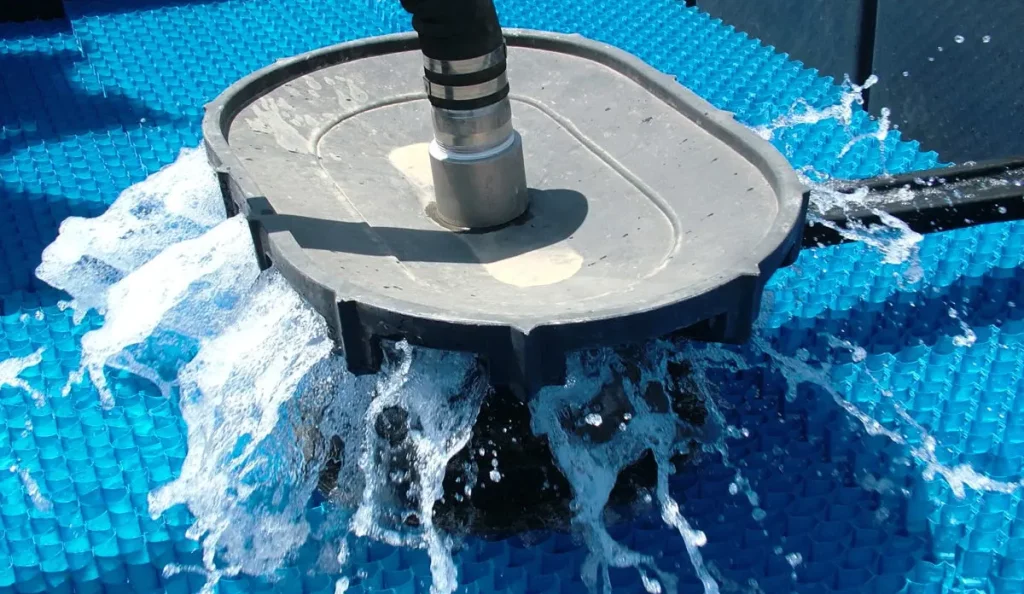
- Technological Advancements
Smart Water Softeners
The integration of smart technology into water softeners allows for more precise and efficient water treatment. Smart systems can analyse real-time water quality data, adjusting the softening process based on the specific needs of the water supply.
Advanced Filtration Systems
Technological breakthroughs in filtration systems are enhancing their effectiveness in removing impurities, including minerals causing water hardness. These advancements contribute to more comprehensive water treatment solutions.
- Sustainable Innovations
Energy-Efficient Water Softeners
The focus on sustainability is driving the development of energy-efficient water softeners. These systems aim to reduce energy consumption during the softening process, aligning with global efforts to minimise environmental impact.
Biodegradable Water Softening Agents
Innovations in water softening agents are exploring biodegradable alternatives to traditional salts. This sustainable approach ensures that the byproducts of water softening are environmentally friendly and easily absorbed by nature.
- Decentralised Water Treatment Systems
Point-of-Use Water Softeners
Decentralised water treatment systems, such as point-of-use water softeners, are gaining popularity. These systems can be installed at specific outlets, providing targeted treatment where it’s needed most, optimising efficiency and resource use.
Individualised Water Treatment
Advancements in personalised water treatment solutions allow homeowners to tailor their water softening strategies based on specific water quality parameters, providing a more customised approach to combating hard water.
In conclusion, hard water poses a significant threat to your plumbing system. From scale buildup to reduced appliance efficiency, the consequences can be severe. However, by identifying and addressing hard water issues promptly, homeowners can enjoy improved appliance performance, an extended plumbing system lifespan, and contribute to environmental sustainability.
FAQs
While hard water isn’t harmful to health, its effects on plumbing and appliances can have indirect consequences on your well-being.
The lifespan of a water softener varies but is generally around 10 to 20 years, depending on usage and maintenance.
Yes, using citric acid or vinegar can help soften water to some extent, but a dedicated water softener is more effective.



